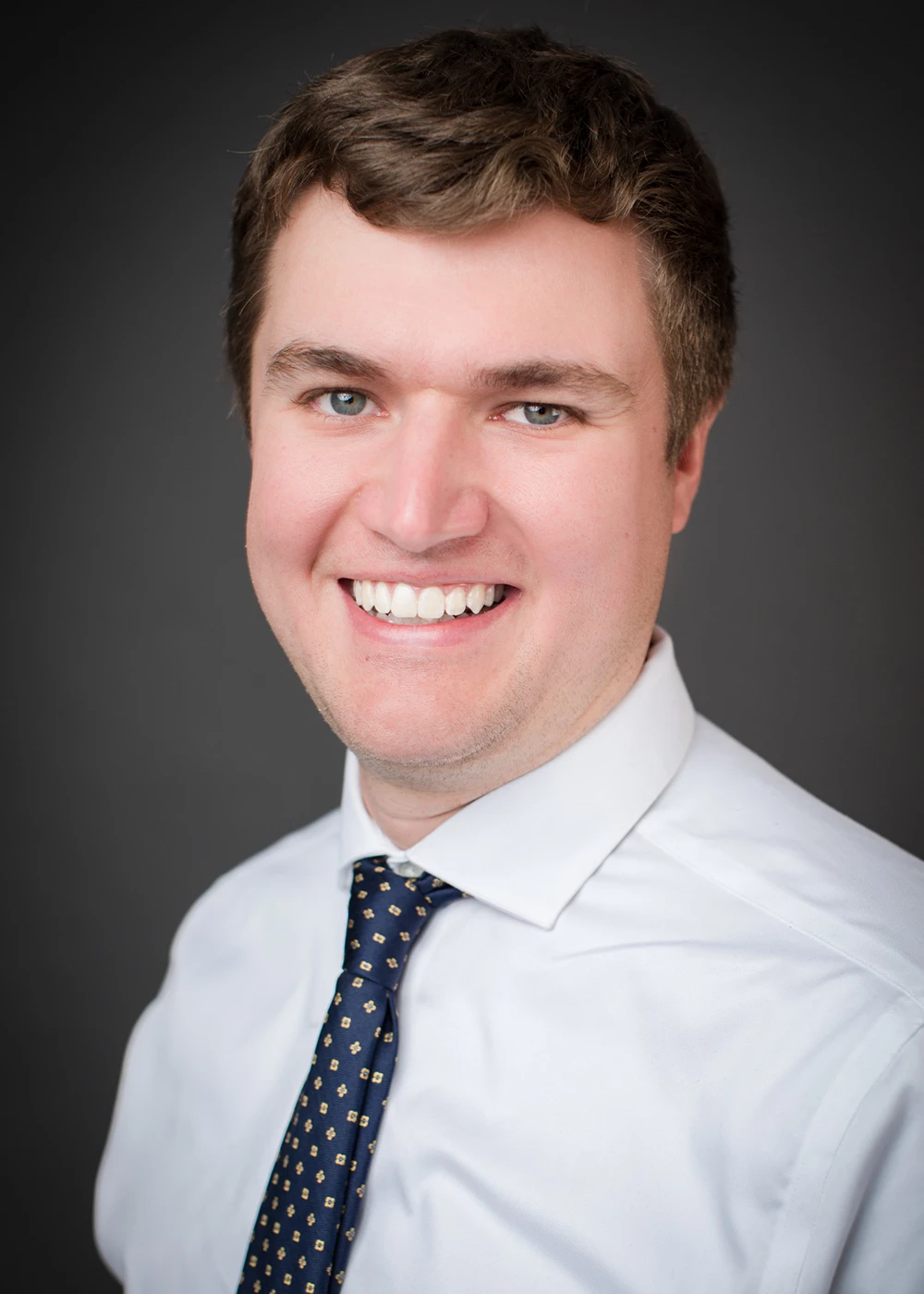Today's Medicine
SPEAK OUT! And LOUD Crowd Programs Provide Parkinson’s Patients Paths for Improved Speech
Published: April 20, 2022

According to the Parkinson’s Foundation, 89% of people with Parkinson’s disease experience difficulty speaking. The difficulties may include speaking softer, monotone speech or trailing off at the end of sentences. This is because Parkinson’s can affect the function of muscles throughout a person’s body, including those within the face, mouth and throat.
Speech-therapy programs at Methodist Hospital, Methodist Jennie Edmundson Hospital and Methodist Fremont Health are essential to the care provided to people with Parkinson’s. Individual and group sessions provide patients the tools to find their full voice.
“I am always very excited when people say, ‘My family can hear me!’ or ‘People have been saying that I sound more like myself,’” said Kirsten Jorgensen, a speech therapist at Methodist Jennie Edmundson Hospital.
Structured Approach to Increasing Voice Volume
Methodist is proud to offer the SPEAK OUT! program, a one-on-one speech therapy program developed by the Parkinson Voice Project. The main goal of the program is to guide patients toward speaking with intent and a purposeful volume – things that may prove challenging with Parkinson’s.
With an intentionally structured approach to each 45-minute session, patients are led through warmups as well as language-based and cognitive activities to work on volume and speech in varying levels of difficulty. These sessions usually take place three times a week for about a month.
The Parkinson Voice Project provides program participants with free workbooks to help guide sessions and voice work at home.
During each session of the program, there are opportunities for patients and their speech-language pathologist to have meaningful dialogue.
“When we do some of our off the cuff exercises, it’s really conversation – just trying to get that target voice to carry over to conversation,” said Jamie Curtis, an outpatient speech-language pathologist at Methodist Hospital. “So I get to connect with the patients in a way that I don’t always have time to do with my other therapy.”
The SPEAK OUT! program is fairly new for Curtis. She applied for and received a grant in 2021, which helped Methodist Hospital obtain workbooks and training materials to help guide the sessions. Curtis completed the training and became certified in November.
Jorgensen, who was trained in the SPEAK OUT! program in 2018 and provides services at Jennie Edmundson, said that she gets something out of the sessions as well.
“I feel like I’m lucky because in those one-on-one sessions, the ultimate goal is to practice using a strong, intentional voice in conversation,” she said. “So I get to work with people and focus on helping them strengthen their voices, but I also get the privilege to learn all about them.”
Gaining Confidence as a Group
Once the SPEAK OUT! program is completed, patients are directed toward the LOUD Crowd program, which consists of group therapy where individuals can gain confidence speaking in groups and share experiences with others facing Parkinson’s.
Joel Parks, who was diagnosed with Parkinson’s nearly 13 years ago, has been involved with the LOUD Program at Methodist Fremont Health for nearly six years.
Joel appreciates being a part of the program because it’s allowed him to connect with individuals he might not otherwise interact with. He can share in the struggles with others while strengthening his awareness of what his voice sounds like. And although Joel understands that there isn’t an easy solution to living with Parkinson’s, the LOUD Program is an outlet.
“There’s no one answer,” he said. “I wish there was a magic exercise out there, or something that you could just snap your fingers, but that just doesn’t exist. You have to take what you can get out of the situation.”
Ruth Anderson, a speech-language pathologist at Methodist Fremont Health, leads the LOUD Crowd program that Joel attends. She said that each Wednesday afternoon session is one of the highlights of her week.
Anderson enjoys transitioning patients from the SPEAK OUT! program into the LOUD Crowd group.
“I liked that the Parkinson Voice Project advocated for starting the LOUD Crowd groups in order to help patients maintain their improvements gained during treatment,” she said.
The current LOUD Crowd group in Fremont consists of Joel and one other patient who joins via FaceTime after recently moving to Duluth, Minnesota. But Anderson said there was a time when the group featured five consistent attendees. She hopes to reach out to local neurologists and remind them of the available group so she can work on adding to the current attendance.
Patients who attend the LOUD Crowd group are able to build a sense of comradery while learning to confidently talk at a more appropriate voice level.
“You just feel like you’re getting some help and are surrounded by people with the same problems,” Joel said.
“It’s frustrating for people to not be heard or understood. The SPEAK OUT! program’s goal is to help avoid the social isolation that can happen with speech and voice changes.” Jorgensen said. “I’d say that’s one of the biggest things – being able to interact in your environment, socialize with others, and maintain independence in communication.”
More Resources
- Learn more about Methodist’s Parkinson’s disease treatment programs.
- Find out more about the Parkinson Voice Project.
- Read more stories in the Today’s Medicine section of the Methodist Newsroom.


